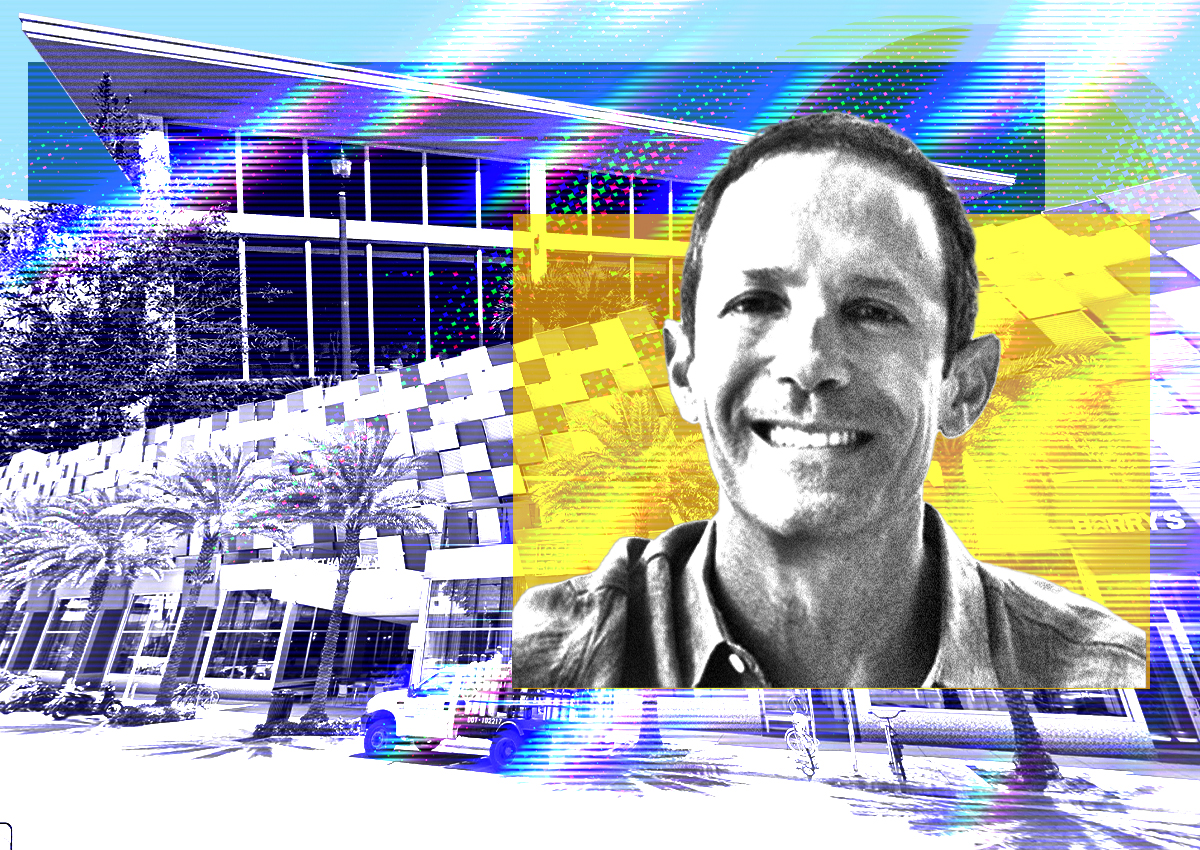
The owner of a New York construction firm pleaded guilty in federal court last week to filing false corporate tax returns that concealed about $6.1 million in business income.
Pawel A. Bartoszek of Lake Grove, N.Y., admitted that from 2015 to 2017 he cashed checks he received from customers of his firm, Mega State, instead of depositing them into the firm’s account, According to a press release from the U.S. Department of Justice.
Bartošek, Who will be charged in June 2022, allegedly using some of the cash to fund Mega State’s off-book cash payroll. The indictment also alleges that Bartoszek failed to notify his return preparer of the check cashing, thereby enabling Bartoszek to understate Mega State’s gross revenue, sales and ordinary business income, according to the DOJ.
Bartoszek, who is due to be sentenced in September, faces up to three years in prison as well as supervised release, restitution and a fine.
Tax fraud and concealed income are not uncommon in real estate.
In the most high-profile recent case, a jury found two Trump Organization affiliates guilty of nine counts of tax fraud and related crimes in November.
The case accuses the Trump Organization of avoiding taxes in various ways, including offering benefits to executives in lieu of taxable wages and paying employees “independent contractors.”
The benefits allegedly handed out by the Trump Organization include private school tuition, former chief financial officer Allen Weisselberg’s Mercedes lease and rent on his Manhattan apartment.
In March, Wilbraham’s former homebuilder, Kent Pecoy, was charged with one count of corruptly concealing records with intent to impair their use in an official proceeding, one count of obstructing an official proceeding, and one count of making a false statement in a federal proceeding, according to Statement from the US Attorney’s Office in Bostonrepresenting the Attorney General.
Pecoy, who owns West Springfield-based Kent Pecoy & Sons, allegedly received hundreds of thousands of dollars in cash to build the homes between 2013 and 2016. Instead of depositing the funds into his company account, Pecoy took the cash and paid directly to suppliers and subcontractors on the project, prosecutors said.







